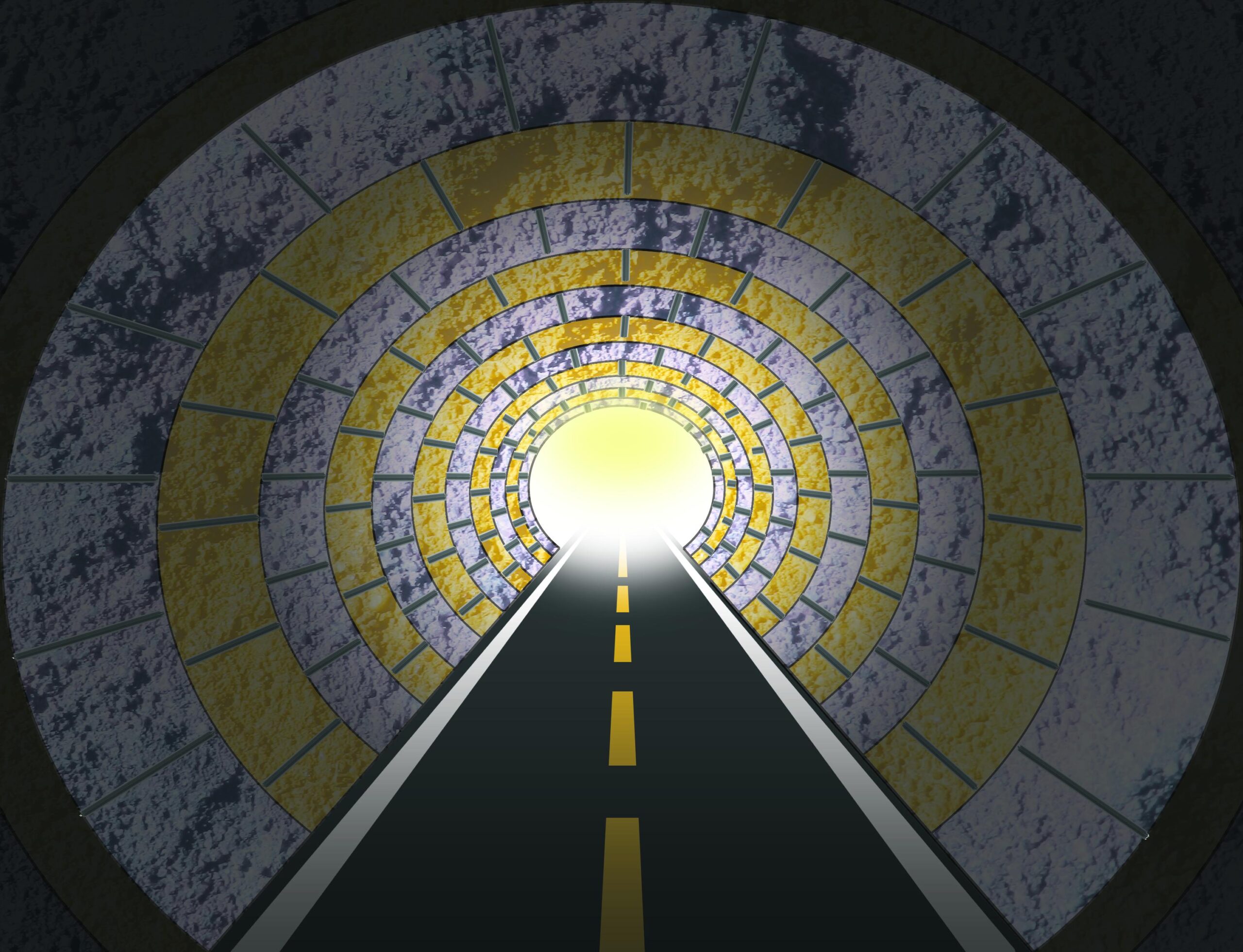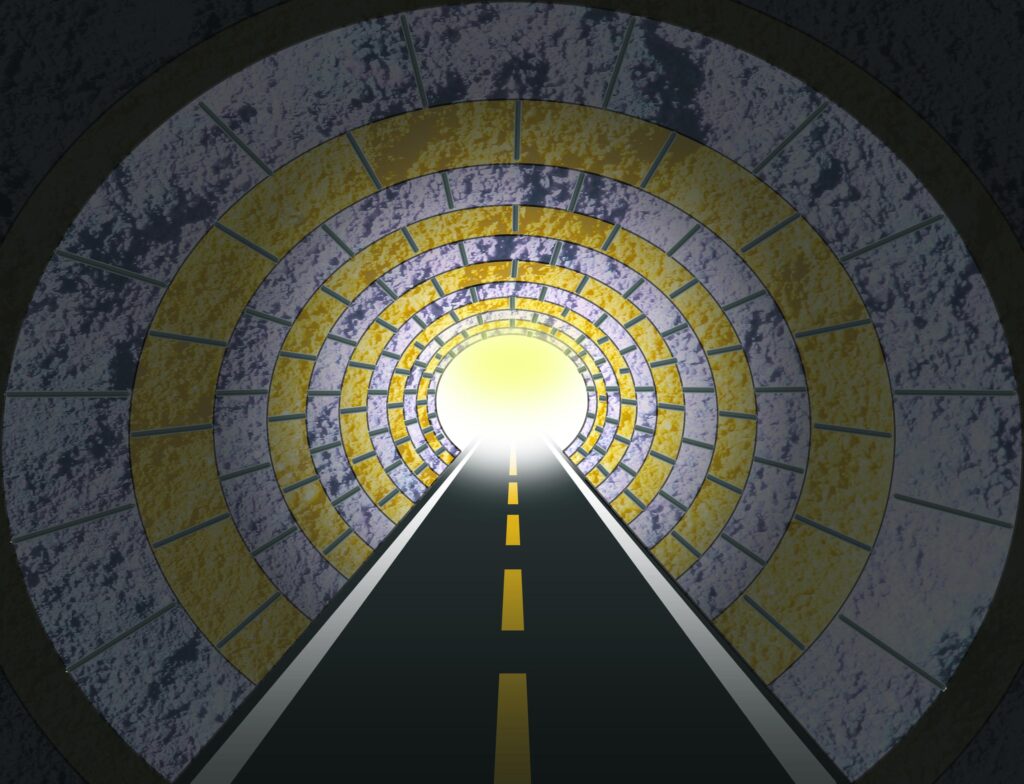“‘The End': the most beautiful words in the English language,” says bestselling novelist M C Beaton. But once the euphoria of completing your work-in-progress fades, there can follow a crippling writer's hangover (speaking figuratively here, of course!) Jeff Shear offers the writer's equivalent of the prairie oyster (traditional hangover remedy of raw eggs and Worcestershire sauce).
The scene: It’s the morning after the night before, and the last happy words you typed — “The End” — fade from memory, leaving behind the question, What shall I write next? Maybe the thought turns to something still more hollow and follows from “I did it!” to something like, This is it? Wrong questions. Everyone feels the let-down that follows the elation. When you’ve completed writing a piece, you need rest. Everyone experiences the lull and let-down: TV producers get it. Editors of content get it. Even poets in the news get it. Let’s call it, the morning-after effect.
Be sure, the phenomenon need not show up like a sudden lump of depression swelling in the gut. No. It can arise in the form of a statement of cruel calculation, the cry of the lost author: What shall I do next? Don’t be fooled. That’s not the real issue. The real issue is the morning after.
Is there a cure? (Nah.) Who knows? But it’s pretty clear to me, at least, that the sensation arises from events in the past; it is more a manifestation of what you’ve done than you’ll do. It’s not the future you fear, though it may feel like it. It’s actually the past from which you’re suffering. You’re haunted and tired. Now you’ve got baggage. The symptom is not the sickness. This is really about well-earned exhaustion, the fatigue that follows the days of whine and roses. Yes, Mabel, there is such a thing as a writer’s hangover. (Forget the cheap Scotch.) Properly stated, it’s not knowing what to do next, it’s the suffering you feel after the toil.
The Indie Twist
Being an indie author might make the morning-after effect far worse. Obviously turning from the workroom hours of delicate silence and suddenly mushing out into the plodding huckster realm of marketing, selling, and how-do-you-do-my-dear (“What did she say their name was? Oh, this is so embarrassing!”) promises more than a few volts of electric shock along with that terrible plunge into icy water. Suddenly you find you have to go out and mingle! If you’re me, you go out and mangle. So many things to do – pump the social network, learn the ACX drill, think about future technology, pay your ALLi dues, gather an email list, business cards, maybe start a newsletter. And you must do all this without writing a single bit of the lit you wanted to write in the first place. Oh, for that snugly little room you cursed for its loneliness!
And Finally…
But I’m overcomplicating matters. Let’s keep it simple. Know this: When you finally write the words, The End, and your book is out for everyone to see, and you face a sudden onrush of silence, or the desperate fear you’ll never write another word, be fully aware that it’s a moment that happens to everyone. I know this not because I’ve interviewed everyone but because it’s only natural. Get ready for it, just as you got ready for that morning you sent your innocent child off to school. (“Did I pack a lunch?”)
Shed no tear. Not knowing what to do next, — or even if you do know what you’re doing next — the slog is the same. There will be choices many and difficult that may require a rewrite that needs to be rewritten. There is going to be the morning after. It’s coming. Pull up your socks.
Writing: The Morning After – How to Recover from “The End” Share on XOVER TO YOU
What do you do when you reach the end of a writing project? Please feel free to share any tips or anecdotes via the comments box.








I really appreciated this blog, and I suspect that the end of a writing project is different for everyone. I see from the responses that some writers simply dust it off and jump right into the next piece of work.
Personally, I find that difficult. Having just finalized a book after 9 long years and a zillion rewrites, I am exhausted. Until I read the article, I felt “weird” – And then I realized that it’s a little like postpartum depression! Hell – I just gave birth! For me, I will need a little time to detach and release all the characters and experiences in my head. Also (as a clinical hypnotherapist), I need to empty out my subconscious and fully realize that this part of the journey is over.
I am in awe of the people that continue on immediately. That being said, I am not allowing for self-indulgence, but giving myself
a limited amount of time to “recover.” My mind is already thinking of what I would like to tackle next…..And THAT job, I throw to the powerful and creative subconscious mind.
Best to all,
Carrie
http://www.carriefreeman.com
Oh, Carrie, yes, childbirth – the perfect analogy! And of course, once we’ve had time to recover, we forget the pain and remember only the pleasure, and want to go through the whole process. Just remember to breathe… 😉
Having written six novels, I know the morning-after syndrome. I just finished a psychological thriller. I felt elated when I wrote the last word. However, this “the end” did not produce that morning-after effect, chiefly because I had at least two more story plots for thrillers streaming through my brain. I suggest that while writing a novel, when you have those moments that speak to you and say, hey, this would make a great novel, write down your thoughts. You will have a start of another novel.
I understand this morning after malaise. And I agree with the idea that we all have great things waiting in the wings, ready to give us that sense of purpose again. Maybe it’s why I have overlapping projects, always another thing that needs my fingers on the keyboard.
But I will admit to the sense of emptiness and the anti-climax. My brain is tired. And it will recover.
Onward!
No.
This is NOT normal.
Well, it’s normal for novices who have no clue what they’re doing, perhaps.
For an experienced writer, the “morning after” is a fun time, an exciting time, an ecstatic time. The manuscript is done. It’s off to the editor. And you’ve opened up a brand new document file full of promise, and are writing the first few thousands words of the NEXT book.
Because that’s what writers do. We write. We don’t perseverate. We don’t angst over the finished work. We send it out, roll up our sleeves, and hit the keyboard.
If you find yourself full of angst and self doubt over the novel you just finished… Understand, this will pass. Write a few more books, get out of the novice stage of writing, and you’ll find that each book ends with a DOZEN more waiting in the wings ready to be written. Your subconscious will flood you with ideas, each one begging to be written. By the time you exit your apprentice days and start your journeyman work, you won’t need to worry about coming up with new ideas – you’ll have too many, and the bigger issue is staying on task long enough to finish each one.
To borrow from the metaphor above – if you’re feeling a “writing hangover”, use a little “hair of the dog”. Open up that new file, and get back to work. You’ll feel better almost immediately.